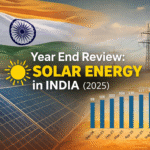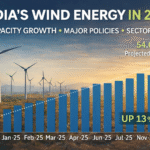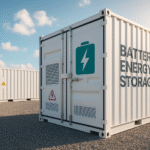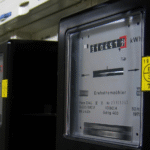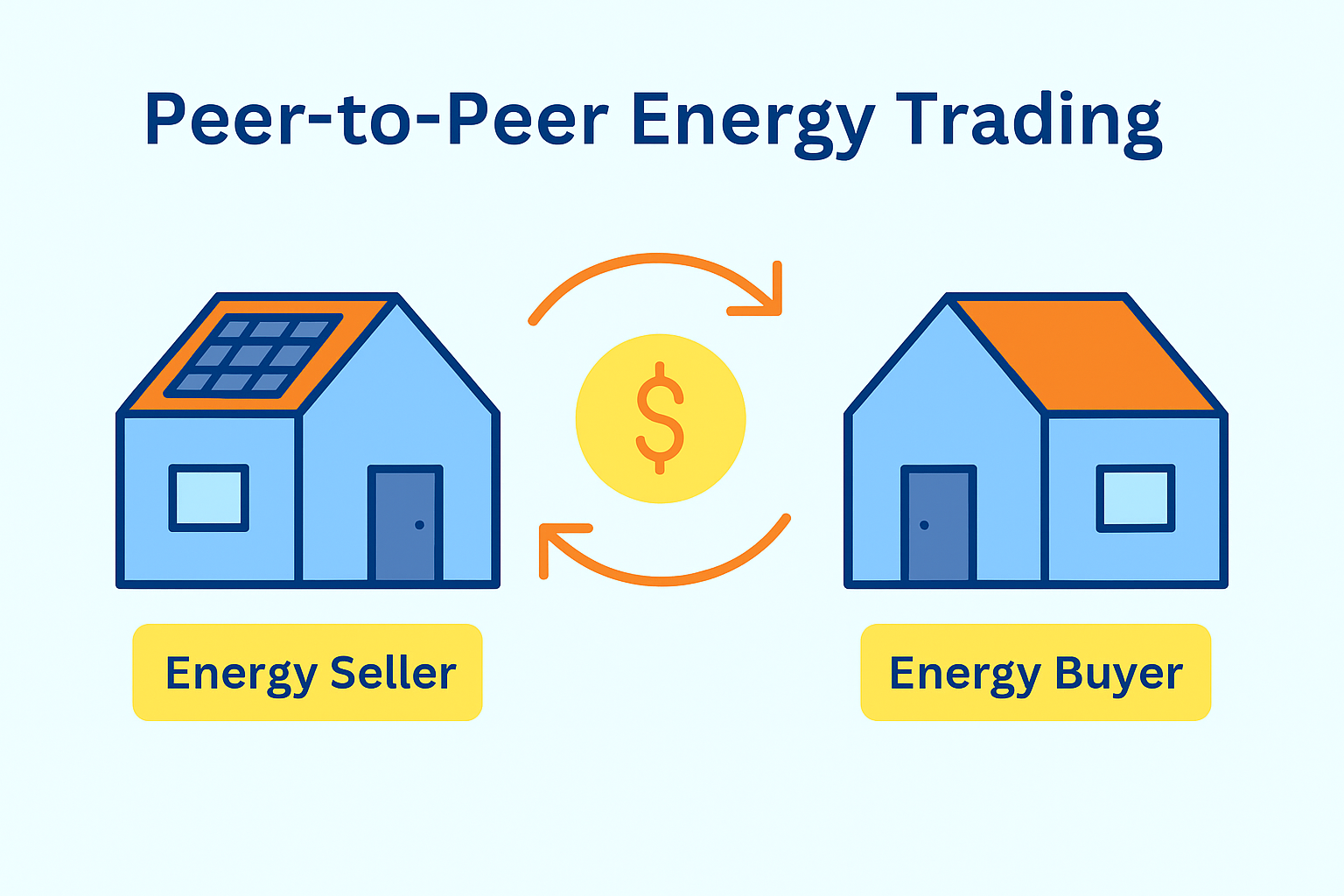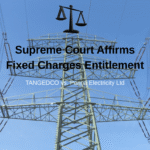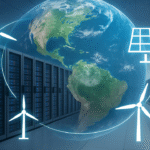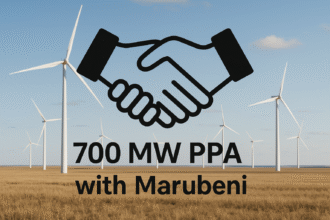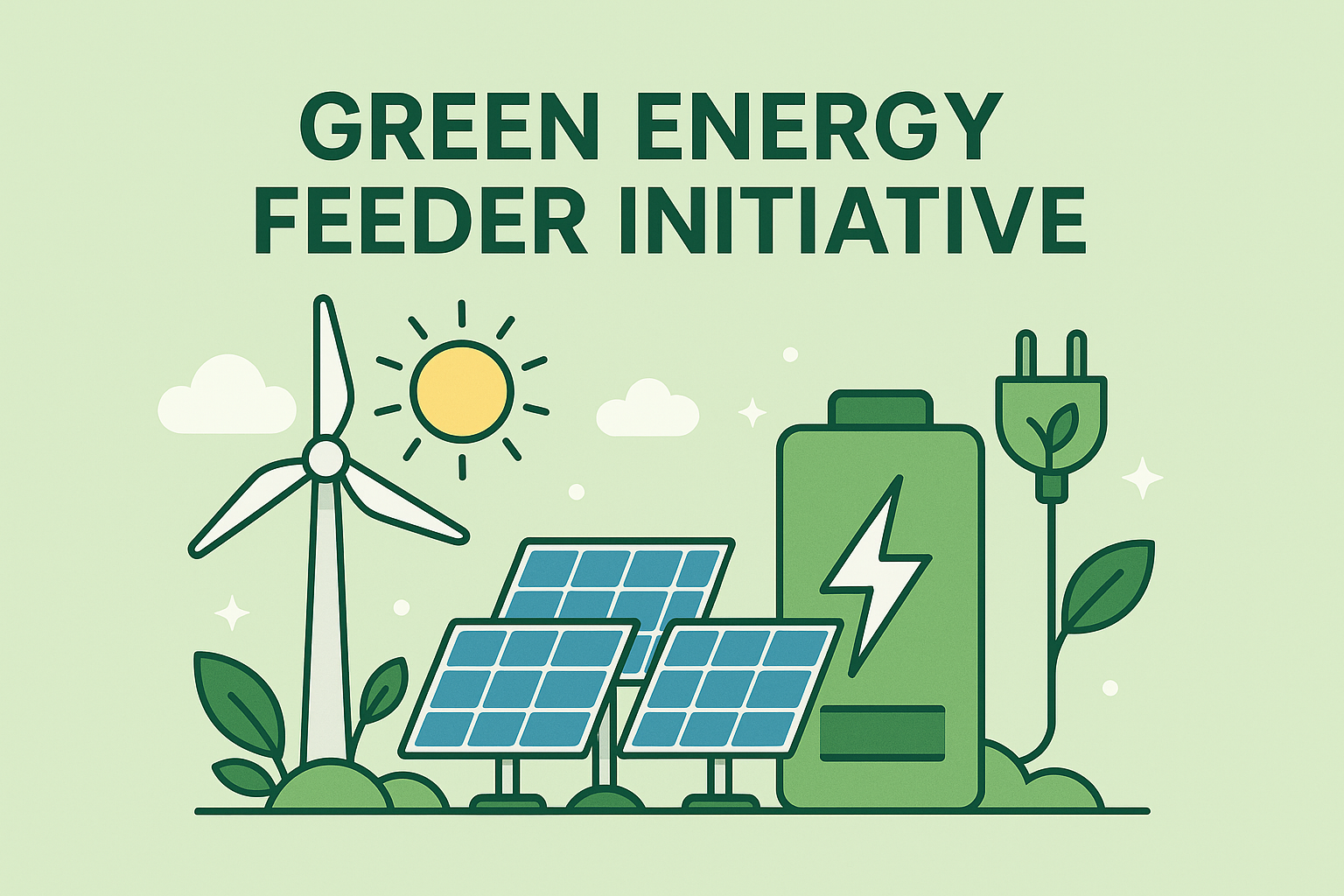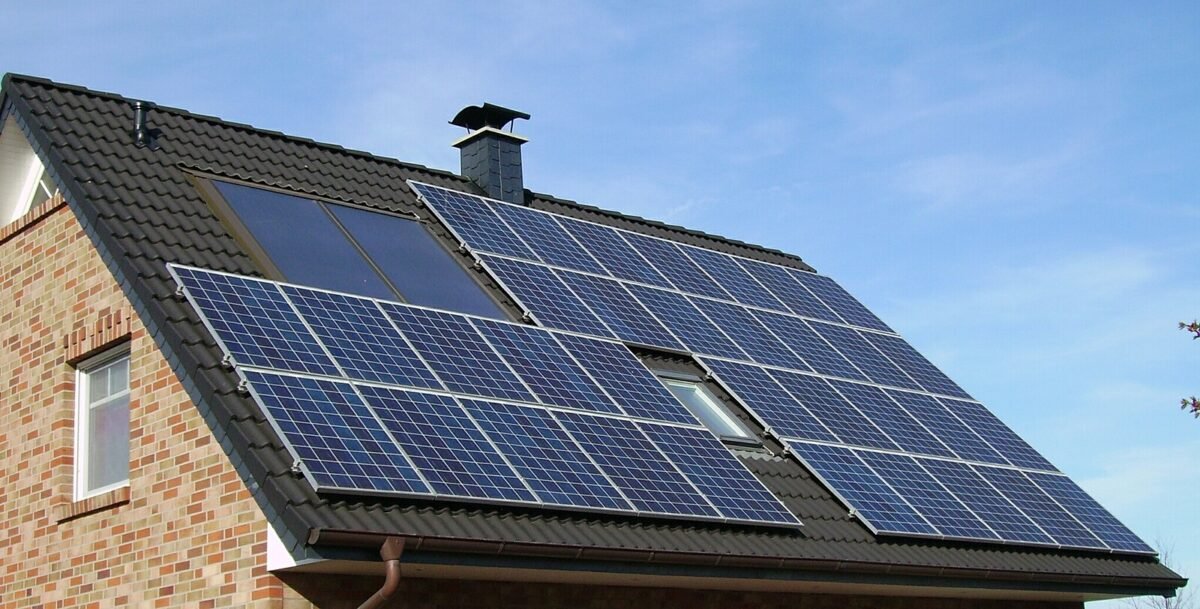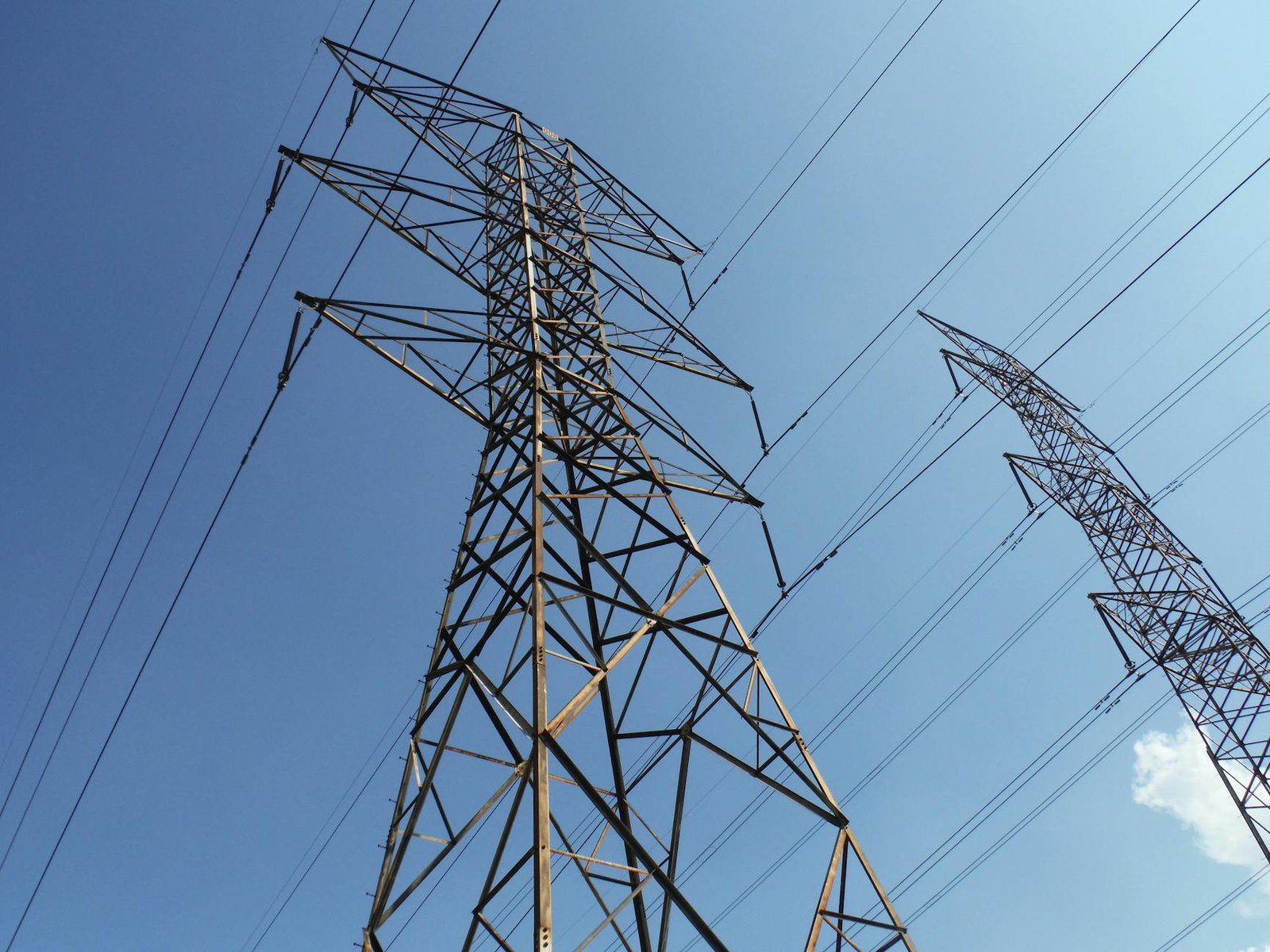Ireland is poised for an energy transformation that could revolutionize how communities generate, share, and trade electricity. This policy brief, from lead author Sweta Malik, PhD of the UCD Energy Institute, charts a clear, phased roadmap to make P2P energy trading a reality in Ireland.
What is Peer-to-Peer Energy Trading?
Peer-to-peer (P2P) energy trading allows prosumers—households with solar panels who both produce and consume electricity—to sell surplus energy directly to neighbors and local businesses, rather than relying solely on standard Feed-in Tariffs from network operators. This sharing economy model enables local price negotiation and creates more flexible, community-driven energy systems.
The Economic Opportunity
International evidence shows substantial benefits. Switzerland’s Quartierstrom project reduced household energy costs by 7-10% for consumers while prosumers earned higher payments than standard tariffs. Australia’s Power Ledger delivered average annual savings of $424, with solar owners doubling their traditional revenue.
In Ireland, significant pricing gaps exist between retail rates (€0.1946-€0.3950/kWh) and the current Feed-in Tariff (€0.1950/kWh), creating opportunities for mutually beneficial P2P trading during most daylight hours.
Building on Existing Foundations
Ireland’s Microgeneration Support Scheme (MSS) and Clean Export Guarantee provide important foundations, offering capital grants up to €2,400 for solar installations and payments for exported electricity. However, current schemes lack the flexibility for direct community trading.
The country’s 900+ Sustainable Energy Communities (SECs) supported by SEAI provide natural testbeds for P2P development, offering established local networks and trust relationships essential for community-based energy sharing.
Learning from Early Challenges
Ireland’s initial P2P trials, including the ESB Networks Dingle project, encountered significant obstacles, including limited supplier engagement, unclear commercial incentives, and legal uncertainty around billing and settlement. These experiences highlight the need for clearer regulatory frameworks before scaling P2P initiatives.
A Phased Policy Roadmap
Dr. Malik’s research outlines a three-phase transition strategy with clear stakeholder responsibilities:
- Short-term (2025-2027): ESB Networks will support smart meter integration and data access, SEAI will fund P2P pilot projects within energy communities, while CRU completes the Smart Meter Data Access Code and establishes regulatory sandboxes.
- Medium-term (2027-2030): Focus shifts to improving grid visibility, defining supplier roles, and launching coordinated trial zones in established communities.
- Long-term (Beyond 2030): Full regulatory frameworks enable scaled P2P trading with real-time local balancing and integrated digital platforms.
Five Key Recommendations
The policy brief presents five strategic actions:
- Revise the MSS to incorporate dynamic pricing based on real-time grid needs
- Support energy sharing within SECs through existing community structures
- Create fair business models for electricity suppliers through transaction fees and trading incentives
- Improve secure data access while maintaining GDPR compliance
- Clarify legal frameworks for P2P operations within Ireland’s electricity market
Technology and Innovation
Smart meter rollout through the National Smart Metering Programme will enable dynamic pricing by mid-2026, creating new opportunities for responsive P2P trading. Blockchain technology offers potential for secure, automated transactions, though scalability and regulatory challenges remain.
Environmental and Social Impact
P2P trading supports Ireland’s climate targets by promoting local renewable adoption and reducing fossil fuel reliance. Beyond environmental benefits, participants value supporting neighbours, contributing to local sustainability, and gaining greater energy autonomy.
The Path Forward
Ireland’s energy future lies in this measured, policy-led transition that builds upon existing community energy strengths while systematically addressing regulatory and technical barriers. Dr. Malik’s roadmap offers more than P2P transaction enablement—it provides a practical framework for modernising Ireland’s entire electricity market, demonstrating how policy innovation can drive both environmental progress and social equity in the energy transition.
With careful implementation of this phased approach, Ireland can become a European leader in peer-to-peer energy trading, transforming energy from a commodity into a community resource where neighbours become partners in building a more sustainable and democratized energy future.
Read the complete policy brief here: Link



